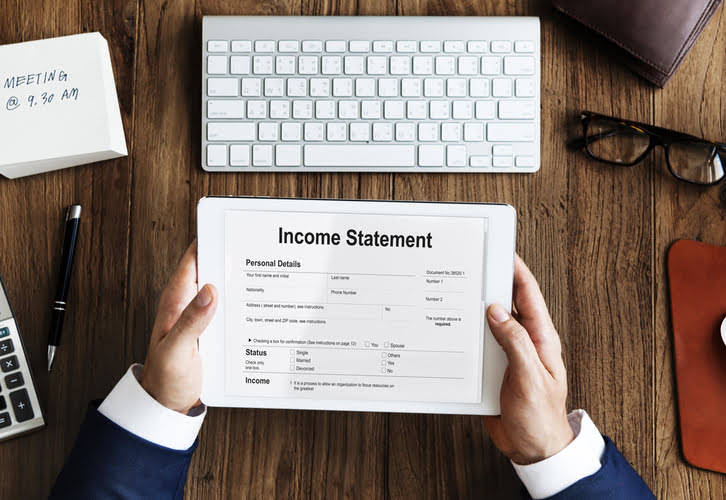Content

Plus, you’ll receive valuable insights and financial advice from experienced professionals on achieving business growth and stability in the long run. Unlike accountants, bookkeepers are not required to have a bachelor’s degree. They may take some finance-related classes at the college level, but even this is not a requirement. 8 Best Accounting Software for the Self-Employed in 2023 The American Institute of Professional Bookkeepers offers a Certified Bookkeeper designation, which can set professional bookkeepers apart from others. Bookkeepers working for smaller businesses might do some basic accounting duties. There’s often overlap, and the duties may change a lot from one business to another.
What is the difference between bookkeeping and double entry accounting?
Recording method: Single-entry bookkeeping gives a one-sided picture of transactions recorded in the cash register. In double entry, changes due to one transaction are reflected in at least two accounts.
Bookkeeping is the process of recording all of the financial transactions that your business makes. Basically, anything that involves money coming in or going out of your business needs to be recorded in your bookkeeping. An accountant takes more of a big picture approach and completes an analysis of those bookkeeping financial transactions to determine the impact on the business. They will provide a business with financial insight by verifying and analysing data, generating reports, and spotting trends. This crucial information is significant to a business’s financial health and helps maintain its current financial pattern or growth. Accounting is the process of analyzing and summarizing financial transactions.
Take the Next Step to be Ready for Making Tax Digital
It maintains records of business transactions in such a way that on any subsequent day, one can understand the nature and effect of each transaction and the overall effect of the business activity. Accounting is the process of keeping financials for a company by recording, summarizing, analyzing, advising and reporting. Certified Public Accountants (CPAs) usually perform accounting and assurance tasks. Bookkeepers who are interested in switching jobs but do not have a college degree might consider becoming an EA after a stint with the IRS.
- Simply put, bookkeeping is more transactional and administrative, concerned with recording financial transactions.
- Accountants tend to have specialized knowledge that helps them look at the ‘big picture’ of your business finances and make recommendations.
- Maintaining a general ledger is one of the main components of bookkeeping.
- Bookkeeping is all about identifying financial transactions and events and then keeping a record of these transactions.
- Certified Public Accountants (CPAs) usually perform accounting and assurance tasks.
In short, bookkeeping is the process of recording financial transactions. Bookkeeping is the process of tracking and recording financial transactions. This includes recording incoming and outgoing payments, invoices, and receipts.
Bookkeeping vs. Accounting
While many small businesses hire an accountant as a consultant, you have several options for handling financial tasks. Accounting software allows you and your team to track and manage your business’s expense reports, invoices, inventory and payroll accurately and efficiently. To choose accounting software, start by considering your budget and the extent of your business’s accounting needs. AIPB certification requires bookkeepers to have at least two years of full-time work experience and pass a national exam. To maintain the credential, bookkeepers are required to engage in continuing education. There are no formal educational requirements to become a bookkeeper, but they must be knowledgeable about financial topics and accounting terms and strive for accuracy.
Both the American Institute of Professional Bookkeepers (AIPB) and the National Association of Certified Public Bookkeepers (NACPB) offer accreditation and licensing to bookkeepers. Bookkeepers record financial transactions, post debits and credits, create invoices, manage payroll and maintain https://adprun.net/how-to-master-restaurant-bookkeeping-in-five-steps/ and balance the books. Our team of reviewers are established professionals with decades of experience in areas of personal finance and hold many advanced degrees and certifications. Therefore, we can say that the process of accounting begins where the process of bookkeeping ends.
Key Differences
The general ledger is a basic document where a bookkeeper records the amounts from sale and expense receipts. A ledger can be created with specialized software, a computer spreadsheet, or simply a lined sheet of paper. It may take some background research to find a suitable bookkeeper because, unlike accountants, they are not required to hold a professional certification.
